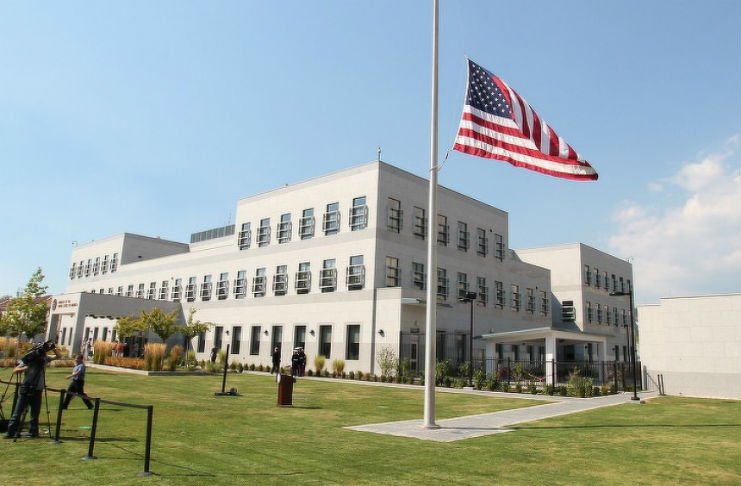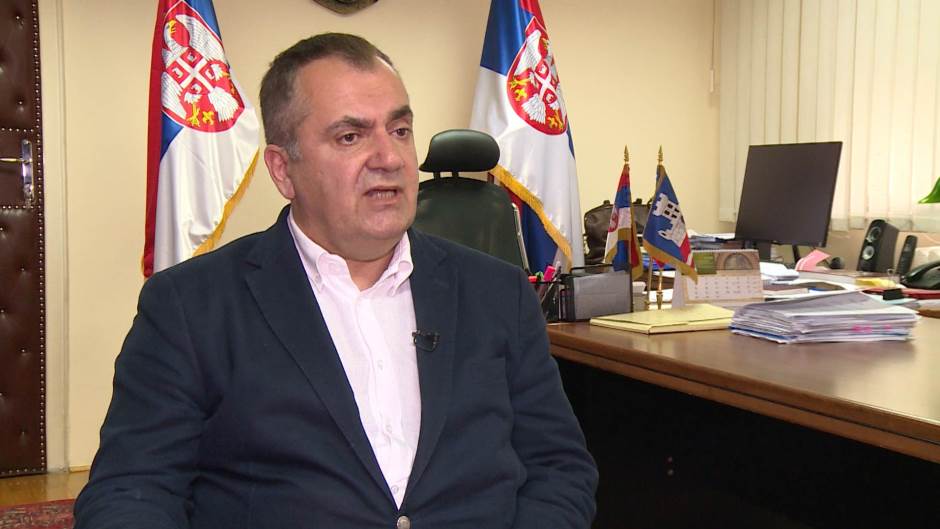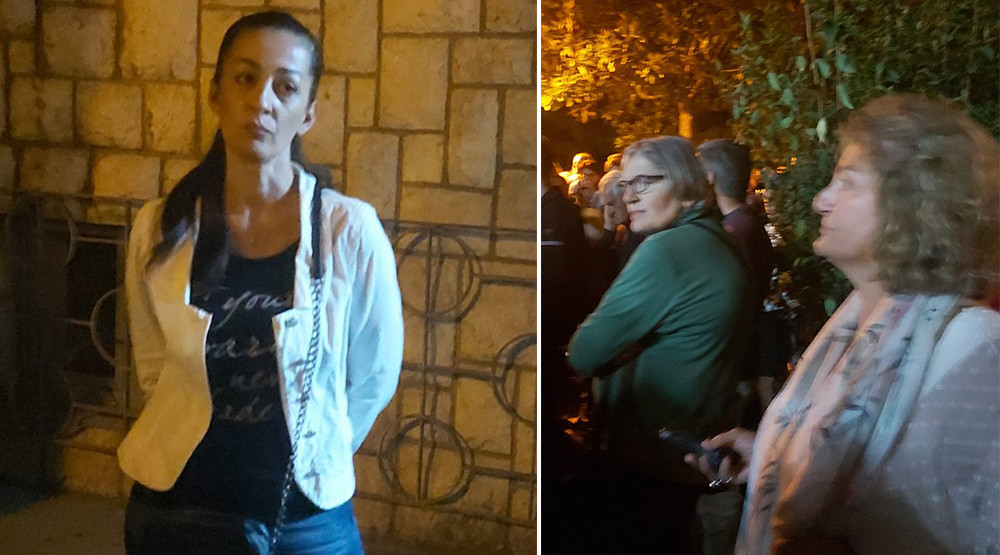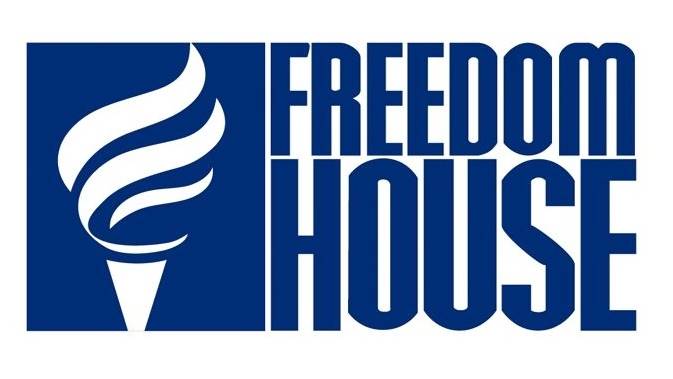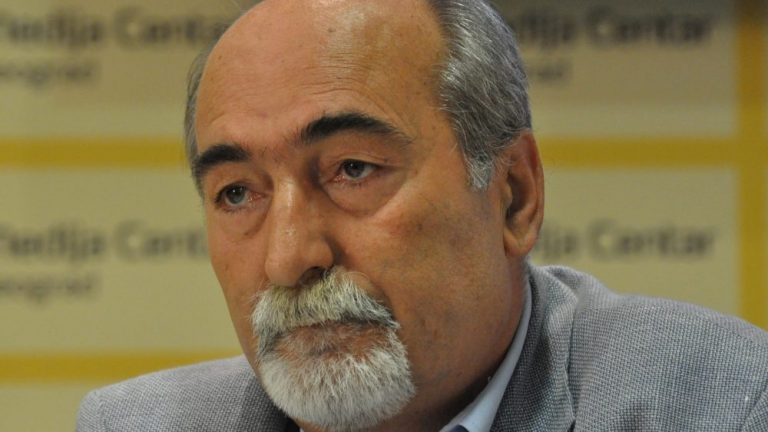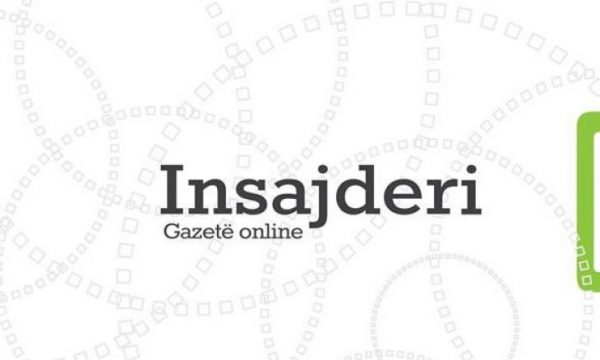PODGORICA, 22.06.2020. – Trust in the news media increased significantly during the coronavirus pandemic, but global concerns about the spread of misinformation remain high, it is published in the latest Digital News Report 2020 by The British based Reuters Institute in cooperation with Oxford University.
The coronavirus pandemic seems to have offered a temporary reprieve to a downward trend in how much news organisations are trusted. Data showed that only 38% of people said they trusted the news most of the time. Less than half – 46% – said they trusted their favoured news source. A slightly differently worded question in April – about the level of trust in information about the coronavirus – saw news organisations surge to a 59% trust rating, on a par with national governments.
„As of April 2020, trust in the media’s coverage of COVID-19 was relatively high in all countries, at a similar level to national governments and significantly higher than for individual politicians. Media trust was more than twice the level for social networks, video platforms, or messaging services when it came to information about COVID-19“, it’s stated by the authors.
Global concerns about misinformation remain high. Even before the coronavirus crisis hit, more than half of the global sample said they were concerned about what is true or false on the internet when it comes to news. Facebook is seen as the main channel for spreading false information almost everywhere.
In most countries, local newspapers and their websites remain the top source of news about a particular town or region. The future of local news is uncertain; without more (public) support further closures and cost are inevitable.
“The crisis in local media will become more acute with more calls for support from government and technology companies – with all the problems that this entails in terms of media independence”, says the report.
The chance for local news to survive depends also on the innovative ways of connecting with (young) audiences online.
According to the findings, the long-term survival of local news will depend on finding new sustainable business models, attracting the next generation of users, and moving faster towards online content and engagement. Local news organisations will have to prove themselves creative and courageous in order to quickly react to an ever-changing technological environment. Without any support, further closures and drastic cuts of journalists’ job are inevitable.
“The Covid-19 crisis has clearly demonstrated the value of reliable trusted news to the public but also to policymakers, technology companies, and others who could potentially act to support independent news media. The creativity of journalists has also come to the fore in finding flexible ways to produce the news under extremely difficult circumstances. Fact-checking has become even more central to newsroom operations, boosting digital literacy more widely and helping to counter the many conspiracy theories swirling on social media and elsewhere. The next 12 months will be critical in shaping the future of the news industry. Many news organisations go into this period clearer than ever about the value of their product even if the immediate outlook looks uncertain“, says the report.



